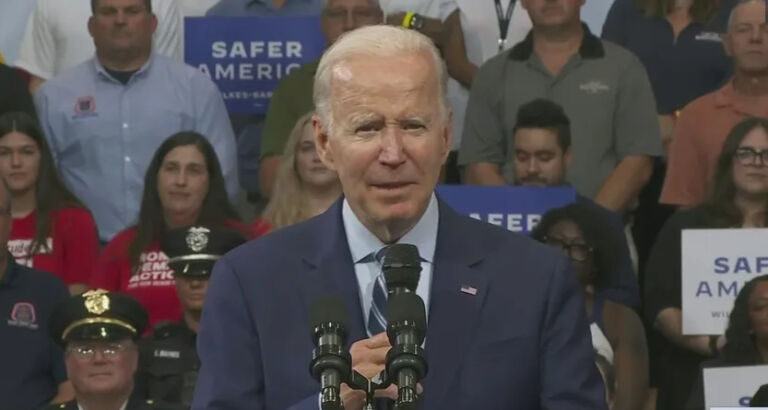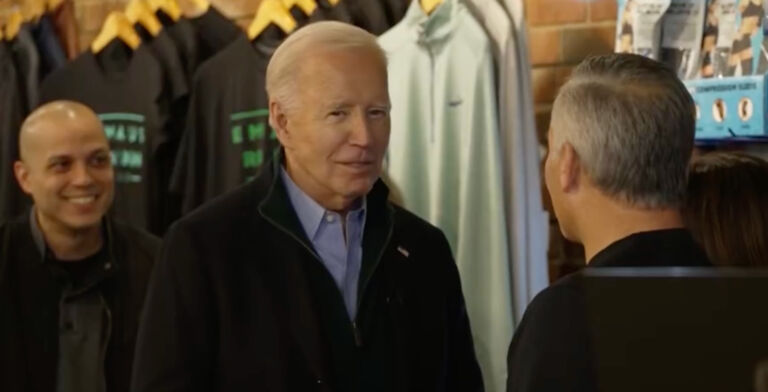The Dow Jones Industrial Average closed on Friday after losing 200 points throughout the day, which is raising more alarms about the possibility of recession. The Fed has also raised the interest rates yet again this year in another attempt to curb inflation. Will the Fed finally cut inflation or is the Dow Jones loss a sign of more pain to come.
Investors nerves are getting the best of them as the end of the year approaches, as the Dow Jones industrial average ended the week before Christmas by losing 281.76 points. In addition, S&P 500 fell by 1.11% and the Nasdaq Composite by 0.97%.
It’s a fairly dismal week, especially considering that this is the second week of losses and the Federal Reserve’s decision to raise the interest rate, although this time by just half a point instead of 0.75. That’s slightly better than what the country was looking at, but it’s not great either.
“The pace of rate increases is slowing, but consumers should be prepared for borrowing costs to move higher before leveling out in 2023,” says Greg McBride, CFA, Bankrate chief financial analyst. “The interest rate mantra for 2023 is, ‘higher for longer.’”
But the recession fears are definitely there and concerns over a possible economic slowdown are informing how companies are making business decisions in preparation for next year.
In an interview with CNN, United Airlines CEO Scott Kirby said: “Look, we’re planning as if there’s going to be a mild recession next year. And a lot of people in the business world are trying to talk ourselves into one is what it sometimes feels like to me.”
That is true. Acting like there’s a recession coming, which means cutting back on spending and laying-off employees, can tip the country into a recession, but it’s also important for families to prepare for difficult times so they’re not caught without warning.
North Carolina is preparing the state for a possible recession by saving and not spending excess revenue.
At this point, the new state budget Director Kristen Walker has an excess of $1.2 billion in revenue. This is fantastic for the state, as it means the economy is strong and business are growing, but that doesn’t mean it’s wise to spend the money given the unstable global economic outlook.
North Carolina is already taking measures to save this money, and ensure that if the worst should happen, the state is better prepared than most to withstand the economic fallout.


